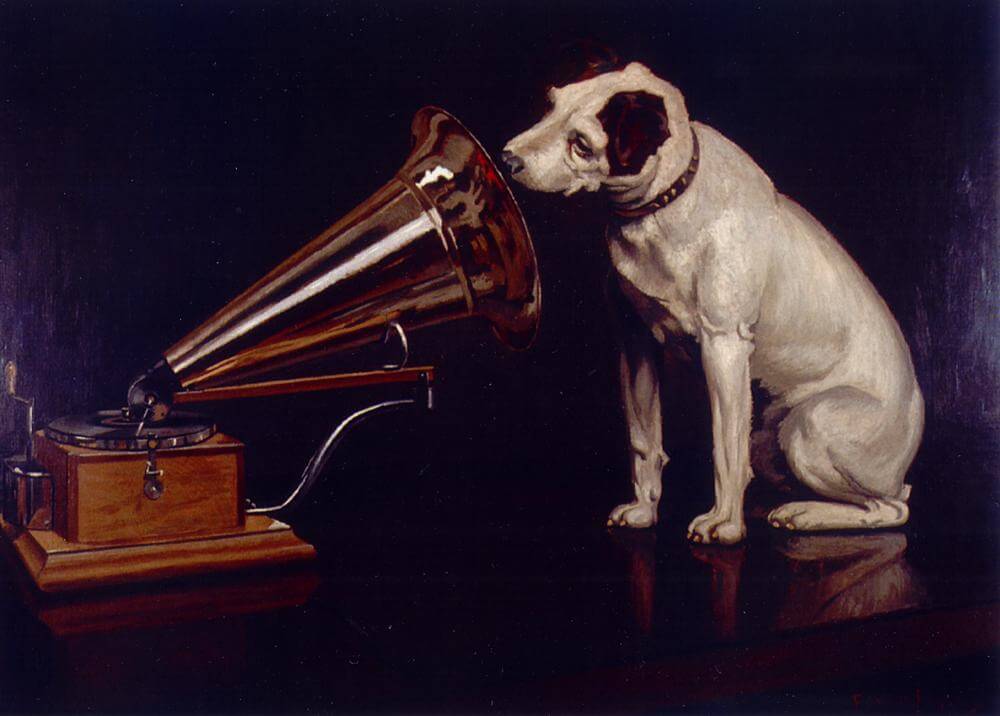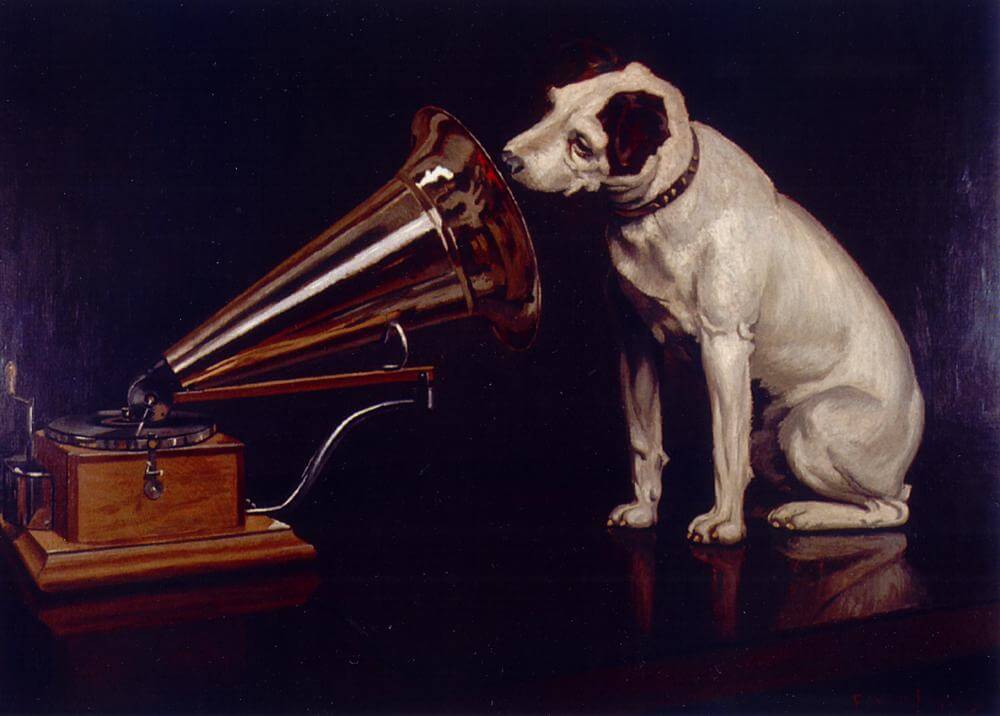When to Listen to Your Customers (and when NOT to!)
We have all heard the saying, “Always listen to your customers.” But let’s be honest. Your customers do say some pretty … um, stupid things, don’t they? Of course, when our customers have good things to say, we are all ears. It’s wonderful to get positive feedback. When our work is appreciated it’s fulfilling, rewarding and a boost to the ego! But when they have a complaint, we’d rather not know what they have to say. Some of us would rather live in a fantasy world where we think everything our company does is perfect. But, in actuality, we can always stand to improve. And when you are looking to improve, your customers could be your best source of information.

It’s important for us to learn to listen to our customers and take away the information that will help grow our businesses. While not everything they have to say is relevant, we will never know unless we stop to listen first. Here are some methods for first accepting, and then handling, your customers’ feedback in a constructive and productive manner.
1. Always listen to complaints.
Complaints represent the best kind of feedback because they are specific and, beyond the emotion, often constructive. But at the same time, it is natural to feel defensive when our customers complain. We take their criticism as an attack on our abilities and let our pride get in the way. However, when your customers complain, they actually are rooting for your success. People who don’t care don’t complain. So, if they don’t complain, they have given up on you and your product or service. A customer who complains is feeling some sort of pain and, if you can eliminate that pain, you will increase the value of your product or service. Sometimes, simply saying, “We’re sorry” is the only possible resolution and the only one they want. And, these newly satisfied (or vindicated) customers often become your biggest fans.
2. Create a method for gathering your customers’ feedback.
Even though we hate complaints, we have to develop a method for gathering the feedback. This can be done in a variety of ways, depending on your industry and your budget. For some businesses this can be as simple as picking up the phone and asking for some feedback (in a structured way, so that you get good results). For others it’s simple feedback cards that go out with the invoices, or an email survey that goes out periodically. Something is better than nothing, so start with something easy, then refine it once you get started. Once you get them talking, shut up. Don’t try to explain or defend yourself. There may be good reasons you do it your way, but now is not the time to talk about them. Simply respond by thanking them for the feedback and, when appropriate, provide them an update at another time on resolving the problem.
3. Don’t listen when they say, “You know what you ought to do…”
You are the expert on your business, not your customers. They don’t know your economics, business model, goals or aspirations. You do. Nevertheless, be courteous and listen to their suggestion. Is there some value in what they are saying? Or, is there a more underlying problem in what they are trying to express? If there is an identifiable need for what they are saying, it may be worth considering. But, more often than not, it’s not practical or well thought through. But, let them finish their thought and then file it appropriately in the circular file.
4. Do listen to what they say they want.
No one told Steve Jobs to build an iPod. People told him that they wanted digital music, and they wanted it to be portable and easy to use. From there, he created the iPod. By combining what he knew with what his customers wanted and needed, he created a desired and valued product – a product that made his company quite a bit of money. So, make sure to listen to what your customers want and need – but don’t lose your point of view. You want to create a product or service that people would actually buy or use, but it needs to be shaped by who your company is and what you are good at delivering.
5. Always remember, your customers are No. 1.
The only thing that in necessary for you to stay in business is your customers. Treat your customers with respect and kindness, no matter what they are saying. When they are angry, do whatever you can to make them happy, even if it means biting your tongue now and then. Customers are the driving force behind business and unless you maintain a solid, dependable customer base, you will be the only one complaining.
Your customers may very well hold the key to your company’s future. Their feedback could spur the next trend or latest and greatest innovation. Welcome their feedback and reward those customers who give it to you. Will it be difficult? Yes, it will. But ultimately, it will be one of the best things you can do for your company – and your success.
Photo credit: Beverly & Pack

